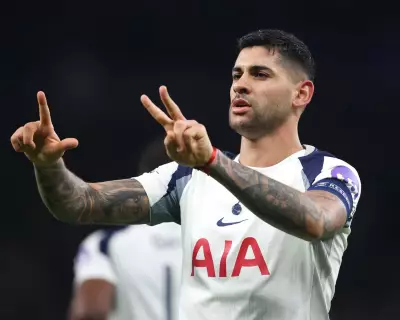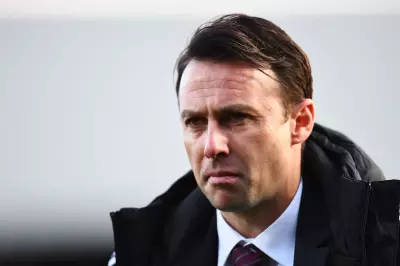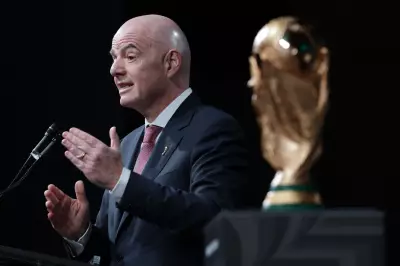
When the Saudi Public Investment Fund completed its sensational takeover of Newcastle United in 2021, St James' Park echoed with chants of "we're rich" and dreams of instant transformation. Four years later, the reality tells a very different story.
The Financial Fair Play Straightjacket
Despite the unimaginable wealth of their Saudi backers, Newcastle discovered that Premier League profit and sustainability rules (PSR) don't discriminate based on ownership wealth. The club operates under the same financial constraints as every other team, with allowable losses capped at £105 million over three years.
The brutal truth: Newcastle couldn't simply outspend their rivals. While Manchester City built their empire before FFP regulations tightened, the Magpies arrived at the party after the rules had been firmly established and rigorously enforced.
Infrastructure Limitations
St James' Park, while iconic, presents significant commercial challenges. Unlike Manchester City's purpose-built Etihad Campus or Tottenham's state-of-the-art stadium, Newcastle's home ground offers limited corporate hospitality opportunities and faces expansion restrictions due to its city-centre location.
Commercial revenue remains the club's Achilles heel, trailing significantly behind the traditional 'Big Six' and making it harder to compete within FFP boundaries.
The Stadium Expansion Dilemma
Newcastle explored three primary options for their home ground:
- Expanding St James' Park: Limited by railway lines and listed buildings
- Building a new stadium: Estimated at £700 million with no obvious city-centre location
- Redeveloping the training ground: A more manageable £20 million project already completed
The club chose to invest in their training facilities first, a pragmatic but unspectacular decision that highlights the careful financial balancing act required.
Commercial Revenue Gap
Newcastle's commercial income tells a sobering story. While Manchester United generate approximately £300 million annually from commercial activities, Newcastle manage around £40 million. Even with new sponsorship deals, including the controversial Sela agreement, bridging this gap remains a monumental challenge.
The European Super League Factor
The failed European Super League project created another unexpected obstacle. The Premier League's 'New Deal' for football will redistribute more money to the EFL, potentially costing top clubs like Newcastle an additional £10 million annually - funds that could otherwise have been invested in squad development.
A More Measured Approach
Rather than pursuing galactico signings, Newcastle adopted a more strategic transfer policy under Dan Ashworth and Eddie Howe. The focus shifted to identifying undervalued talent and developing existing players, a approach that yielded initial success but has proven difficult to sustain.
The reality check: While the Saudi investment provided stability and ambition, it couldn't instantly overcome the structural and regulatory barriers that separate the Premier League's established elite from aspiring challengers.
The Newcastle experiment serves as a cautionary tale about the limits of wealth in modern football. In an era of strict financial regulation and entrenched commercial advantages, money alone cannot guarantee transformation. The path to the top requires patience, smart investment, and perhaps most importantly, time - commodities even Saudi billions cannot instantly provide.





